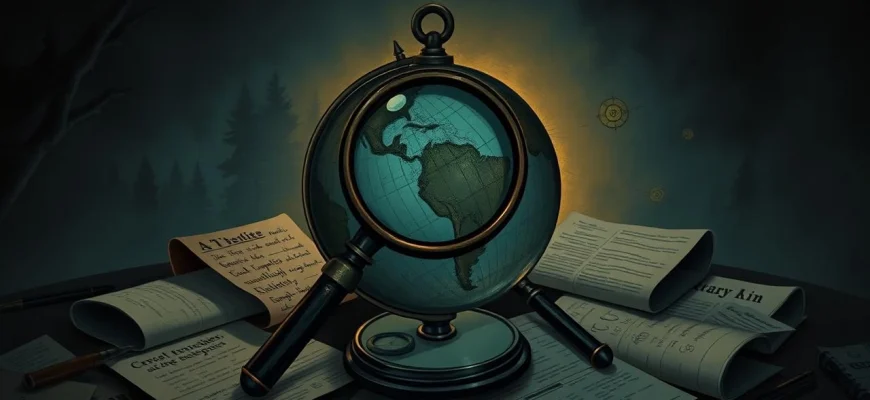- The Thin Blue Line (1988)
- Paradise Lost: The Child Murders at Robin Hood Hills (1996)
- Capturing the Friedmans (2003)
- Dear Zachary: A Letter to a Son About His Father (2008)
- The Imposter (2012)
- The Act of Killing (2012)
- The Central Park Five (2012)
- The Look of Silence (2014)
- The Jinx: The Life and Deaths of Robert Durst (2015)
- The Witness (2015)
If you were captivated by the investigative depth and chilling revelations of 'Cold Case Hammarskjöld (2019),' you're in for a treat. This article explores 10 similar movies and shows that delve into real-life mysteries, conspiracies, and unsolved cases. Whether you're a true crime enthusiast or a documentary lover, these picks will keep you on the edge of your seat, just like the gripping exploration of Dag Hammarskjöld's mysterious death.
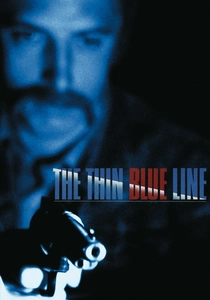
The Thin Blue Line (1988)
Description: Errol Morris's groundbreaking documentary shares with 'Cold Case Hammarskjöld' a focus on miscarriages of justice and the unreliability of official narratives. Both films use innovative techniques (Morris's reenactments, Mads Brügger's investigative approach) to challenge viewers' perceptions of truth. The films demonstrate how documentary can directly impact real-world cases.
Fact: The film helped overturn Randall Dale Adams's murder conviction. It popularized the use of reenactments in documentaries. Philip Glass composed the memorable score.
 Watch Now
Watch Now 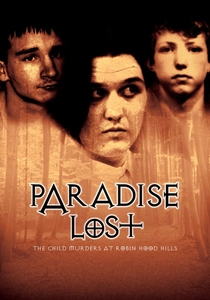
Paradise Lost: The Child Murders at Robin Hood Hills (1996)
Description: Like 'Cold Case Hammarskjöld', this documentary examines a controversial case with potential systemic corruption. Both films raise questions about official narratives and feature shocking revelations. The trilogy's longitudinal approach mirrors the persistent investigation in 'Cold Case Hammarskjöld'.
Fact: The film led to the formation of the 'West of Memphis' advocacy group. Metallica allowed their music to be used for free. The case inspired numerous celebrity supporters including Johnny Depp and Eddie Vedder.
 Watch Now
Watch Now 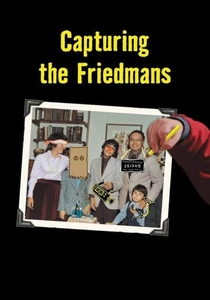
Capturing the Friedmans (2003)
Description: Like 'Cold Case Hammarskjöld', this documentary explores the elusiveness of truth in complex cases. Both films present conflicting narratives and leave room for viewer interpretation. The use of home videos in 'Friedmans' parallels 'Cold Case's use of archival materials to reconstruct history.
Fact: The family documented their own lives extensively on video. It was nominated for the Best Documentary Feature Oscar. The case involved allegations of child molestation at computer classes.
 Watch Now
Watch Now 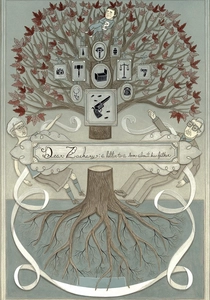
Dear Zachary: A Letter to a Son About His Father (2008)
Description: Both films are deeply personal investigations that evolve into broader examinations of systemic failure. 'Dear Zachary' shares with 'Cold Case Hammarskjöld' an emotional rawness and a narrative structure that reveals information gradually, maximizing impact. The films demonstrate how documentary can be both investigative tool and memorial.
Fact: The filmmaker began the project as a tribute to his murdered friend. The production took four years to complete. It led to changes in Canadian bail laws.
 Watch Now
Watch Now 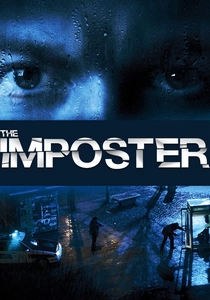
The Imposter (2012)
Description: This documentary shares with 'Cold Case Hammarskjöld' a fascination with deception and the blurring of truth. Both films explore how institutions and individuals can be manipulated, and they employ reenactments to visualize complex narratives. The theme of an imposter assuming another's identity parallels the film's exploration of possible covert operations.
Fact: The subject, Frédéric Bourdin, actually appears in the film. It won the BAFTA for Outstanding Debut by a British Writer, Director or Producer. The story was previously featured on '20/20' and 'Dateline NBC'.
 Watch Now
Watch Now 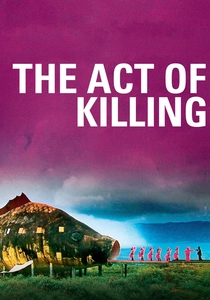
The Act of Killing (2012)
Description: Both films confront historical atrocities with unflinching honesty. 'The Act of Killing' shares with 'Cold Case Hammarskjöld' a focus on unpunished crimes and the perpetrators' perspectives. The films use innovative techniques (re-enactments in both) to explore difficult truths about power and violence.
Fact: Subjects reenact their crimes in various cinematic genres. Werner Herzog and Errol Morris served as executive producers. The director spent eight years on the project.
 Watch Now
Watch Now 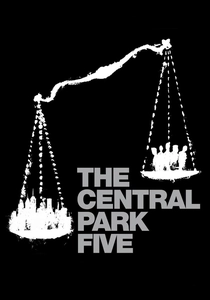
The Central Park Five (2012)
Description: This documentary shares with 'Cold Case Hammarskjöld' an examination of institutional failure and racial injustice. Both films reveal how power structures can manipulate truth, and they employ a mix of archival footage and contemporary interviews. The theme of wrongful conviction connects to 'Cold Case Hammarskjöld's exploration of potential cover-ups.
Fact: Directed by Ken Burns, Sarah Burns, and David McMahon. The case inspired Ava DuVernay's 'When They See Us'. Donald Trump took out newspaper ads calling for the death penalty for the five.
 Watch Now
Watch Now 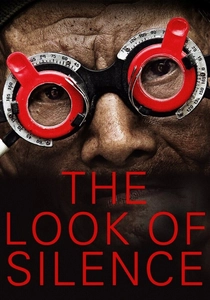
The Look of Silence (2014)
Description: As a companion to 'The Act of Killing', this film shares with 'Cold Case Hammarskjöld' a focus on uncovering hidden truths about historical violence. Both films demonstrate the personal cost of investigating painful histories, and they challenge official narratives through patient, persistent investigation.
Fact: Focuses on a victim's family confronting perpetrators. The director had to film secretly for safety reasons. It was nominated for Best Documentary Feature at the 2016 Oscars.
 Watch Now
Watch Now 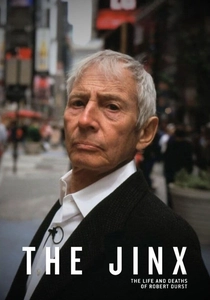
The Jinx: The Life and Deaths of Robert Durst (2015)
Description: Like 'Cold Case Hammarskjöld', 'The Jinx' is a gripping documentary that delves into unresolved mysteries and potential conspiracies. Both films employ investigative journalism techniques to uncover hidden truths, and they share a suspenseful narrative style that keeps viewers engaged. The focus on a single enigmatic figure (Robert Durst) mirrors the exploration of Dag Hammarskjöld's mysterious death.
Fact: The documentary features a shocking confession by Robert Durst, captured on a hot mic. It was directed by Andrew Jarecki, who also directed 'Capturing the Friedmans'. The series significantly impacted Durst's real-life legal case.
 Watch Now
Watch Now 
The Witness (2015)
Description: This documentary shares with 'Cold Case Hammarskjöld' a focus on re-examining a famous case with new perspectives. Both films demonstrate how initial narratives can obscure truth, and they feature investigators confronting powerful institutions. The personal stake of the investigator (Kitty Genovese's brother) mirrors Mads Brügger's involvement in 'Cold Case'.
Fact: The film debunks the '38 witnesses' myth of the Kitty Genovese case. It took 11 years to make. The director previously worked as a private investigator.
 Watch Now
Watch Now 
